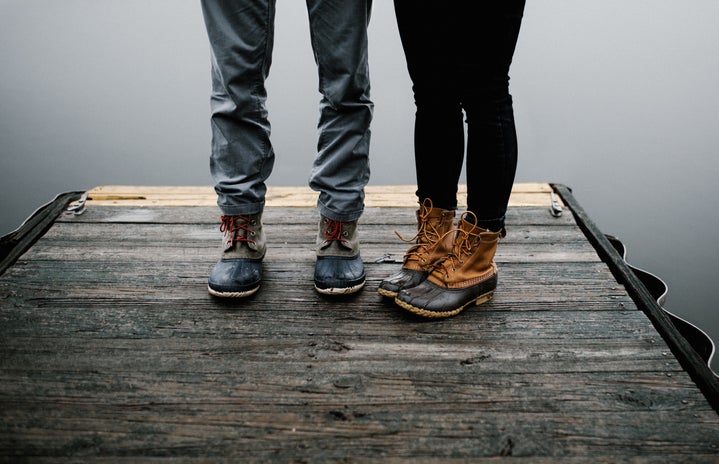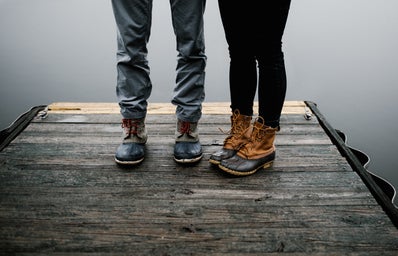Have you ever felt pressured to say “yes” to something? Maybe a friend or a loved one invited you somewhere or asked you to do something for them. Perhaps, you didn’t want to disappoint someone or you might have felt pressured to say “yes.” There are numerous reasons behind your answer but nonetheless, you say “yes.” I’ve been in many situations like these and oftentimes, I’ve regretted saying “yes” instead of “no.” I’d beat myself up over saying “yes” to something I didn’t want to agree to. Personally, these moments are often mentally and emotionally taxing as I’d spend several moments dreading or overthinking a situation. Many times I would think to myself, “I should’ve said no.”
Photo by Nik MacMillan
By saying “yes” despite wanting the opposite, we sacrifice our own personal comfort to appease the need of others. This is not necessarily a bad thing; some would argue that it’s a part of relationships. We want to be a good friend or a reliable person, and that’s completely fine. However, if saying “yes” starts to cause you excess stress or extreme discomfort, it’s not worth it. Being nice by saying “yes” to everything all the time is not worth it if you’re hurting yourself in the process. Sometimes we need to say no, even to our friends and loved ones. This may be easier said than done. It can be hard to say “no,” especially to people that we care about. We don’t want to disappoint people that we care about. We might be scared that a “no” will be taken the wrong way. But there are times when saying “no” is necessary, in order to protect ourselves and set healthy boundaries within relationships. Saying “no” shouldn’t have to affect the integrity of your relationship with anyone.
Photo by Hian Oliveira
This is definitely an ability that takes time and practice. At first, you might not feel great declining offers and turning down plans. However, you should remember that saying “no” doesn’t make you a bad person. It doesn’t make you a terrible friend or a killjoy. If anyone tries to tell you otherwise and ignores your decision, you have every right to decline despite what they say. It’s completely okay and acceptable to say “no” and still be a nice person.
As students, we have a lot on our plates. Between school (and perhaps work), there are a lot of commitments that we have to answer to and a lot of things demanding our time. Additionally, we’re to balance all of these with our social lives by spending time with friends and family. It can be a real challenge to stay on top of everything and remain productive. Setting boundaries by learning how to say “no” has been an ongoing process that has personally helped me. Determine your priorities and stay firm in your decisions, even if it’s a “no.” A simple “no” can free up your mind and make you more at ease in the long run.
Photo by Sean Kong


